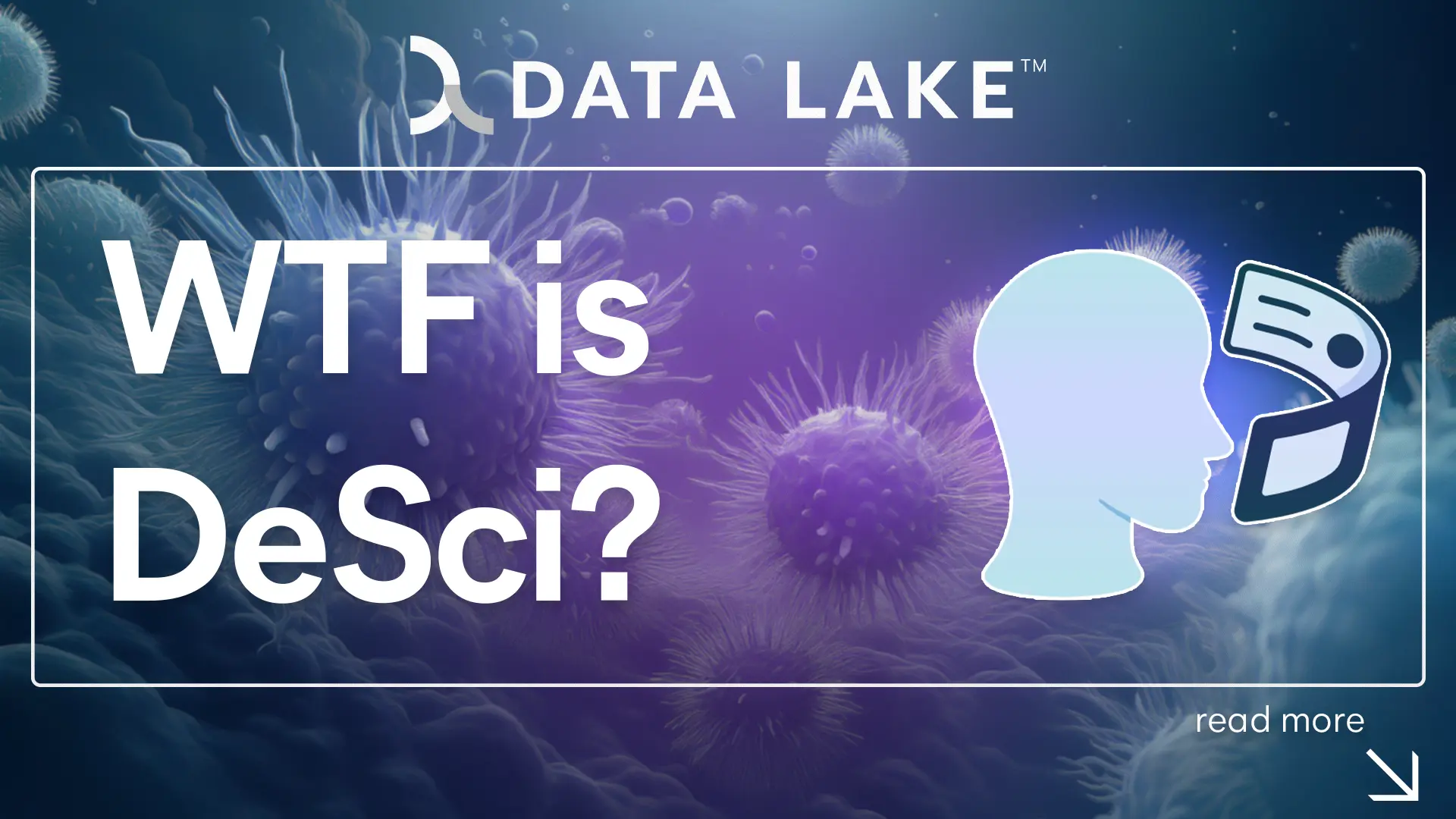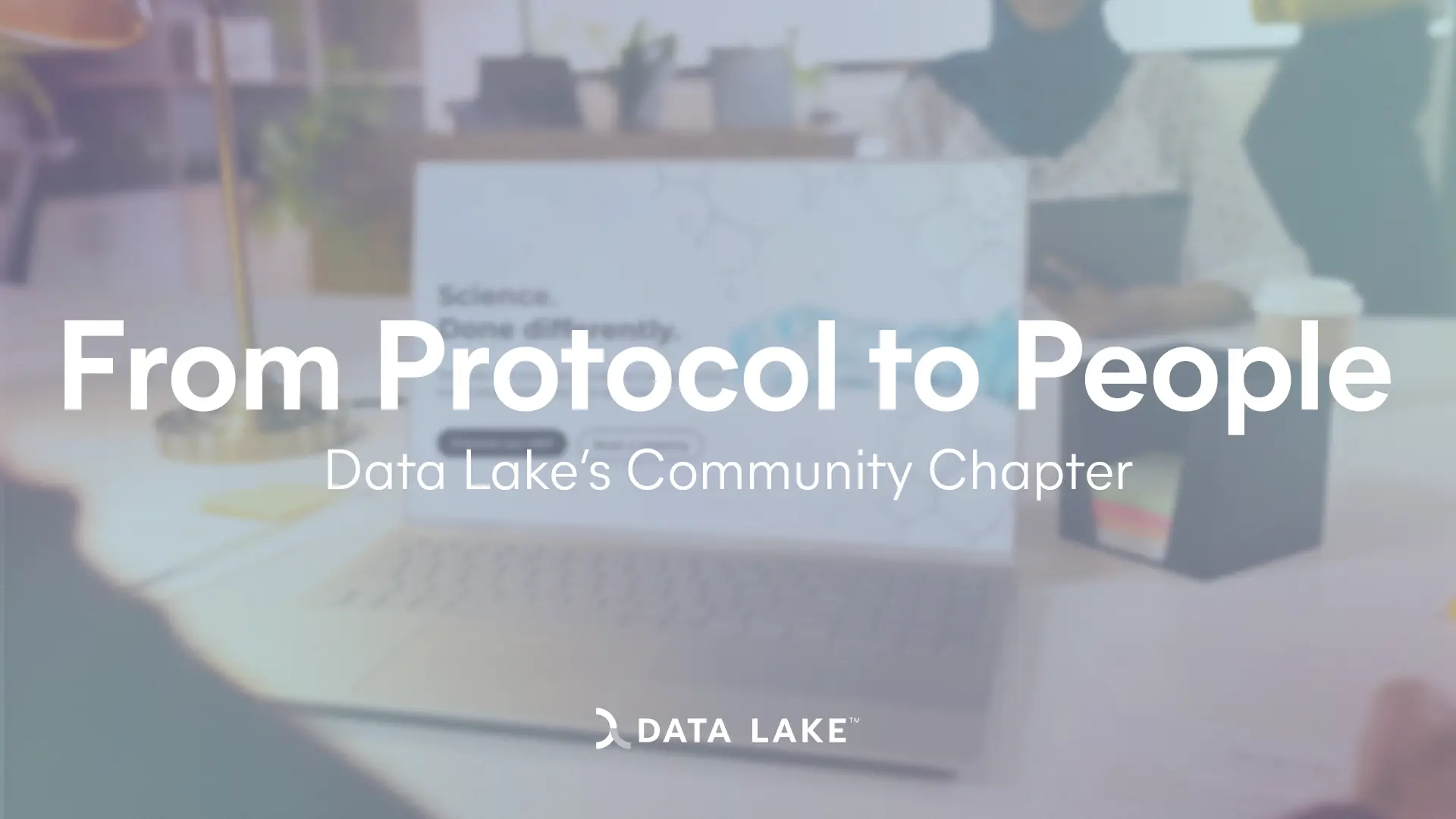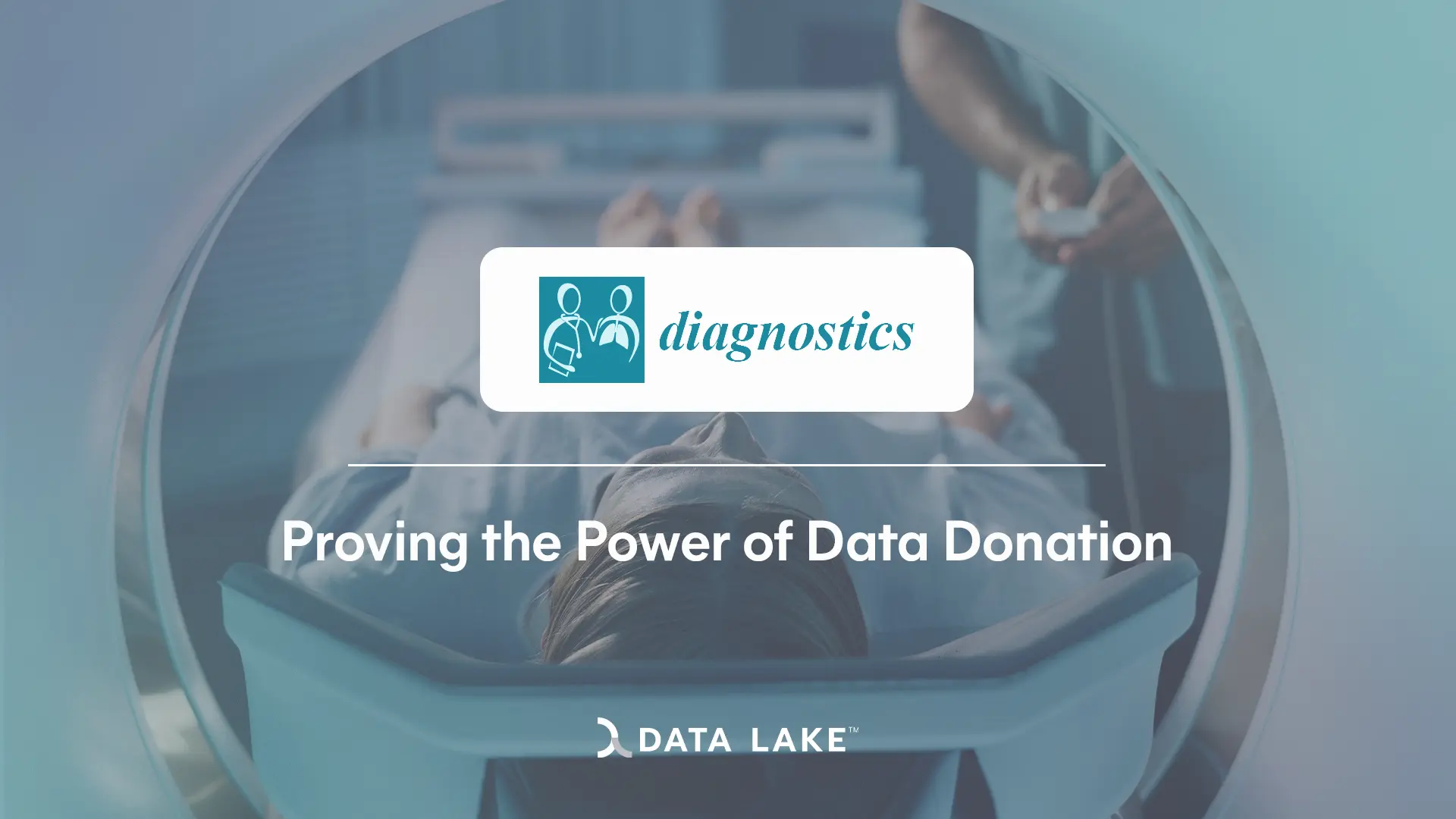Decentralized Science (DeSci) is an emerging movement that leverages blockchain technology to transform traditional scientific research. By utilizing decentralized networks, DeSci aims to democratize access to funding, enhance collaboration, and ensure transparent dissemination of scientific knowledge. This approach addresses challenges in conventional science, such as limited funding sources, restricted data access, and lengthy publication processes.
The primary differences between DeSci and traditional science include:
- Funding: Traditional science often relies on centralized institutions and grant systems, which can be slow and restrictive. DeSci utilizes decentralized funding mechanisms, such as tokenization and community-driven investments, allowing for more agile and inclusive financial support.
- Collaboration: Conventional research is typically conducted within isolated institutions, limiting cross-disciplinary collaboration. DeSci fosters global, open-source collaboration, enabling diverse contributors to participate in and accelerate scientific discovery.
- Transparency and Access: Traditional scientific publishing often involves paywalls and lengthy peer-review processes, restricting access to knowledge. DeSci promotes open-access publishing and transparent peer review, ensuring that scientific findings are readily available to the public and the research community.
A prominent player in the DeSci landscape is Data Lake, a platform dedicated to revolutionizing healthcare data sharing through decentralized consent management. By leveraging blockchain technology, Data Lake enables patients to securely grant consent to be enrolled in a research project, ensuring transparency and compliance with data privacy regulations. This approach not only empowers patients but also facilitates more efficient and ethical patient recruitment among researchers and healthcare institutions. Data Lake operates on its blockchain, the Data Lake Chain, designed to handle the complexities of consent management.
The native token of Data Lake, LAKE, serves multiple functions within the ecosystem:
- Gas Token: LAKE is used to pay for transaction fees on the Data Lake Chain, facilitating operations such as recording consent and data access.
- Access Token: Researchers holding a minimum amount of LAKE tokens can create enterprise accounts and access the platform’s features, gaining access to transparent patient recruitment.
- Rewards Token: LAKE incentivizes participation by rewarding consent collectors, and other stakeholders, aligning interests and promoting active engagement within the ecosystem.
Another notable example is BIO Protocol, which has developed a platform to facilitate the creation and operation of BioDAOs. BIO Protocol’s architecture enables collaborative innovation in medical research by allowing stakeholders to co-own and co-develop new treatments. This model fosters transparency and inclusivity in the research process.
Recognizing the potential of DeSci, Binance Labs, the venture capital arm of Binance, invested in BIO Protocol in November 2024. This investment underscores the growing interest in decentralized approaches to scientific research and the potential for blockchain technology to drive innovation in the field.
In summary, DeSci represents a paradigm shift in scientific research, promoting openness, collaboration, and democratization through blockchain technology. Projects, such as Data Lake, are at the forefront of this movement, enabling transparency-driven research and development. Investments from major entities like Binance Labs highlight the increasing recognition of DeSci’s potential to revolutionize the scientific landscape.
Other notable DeSci projects include:
- ResearchHub: A platform aspiring to be the “GitHub of Science,” facilitating collaboration among scientists by providing a modern app for sharing and discussing research. It incentivizes contributions through an ERC20 token that rewards users based on the community’s perceived value of their input.
- VitaDAO: A decentralized collective funding research in human longevity, enabling members to directly support and govern longevity research projects.
- Molecule: A platform connecting researchers with funding through a decentralized marketplace, facilitating the tokenization of intellectual property to accelerate drug development.
- LabDAO: A decentralized network providing researchers with access to shared laboratory resources and services, promoting collaboration and reducing barriers to scientific experimentation.
- BiohackerDAO: A community-driven organization that supports citizen science and biohacking initiatives, promoting open-access research and the development of DIY biology projects.
- MuhdoHub: An epigenetics platform that offers personalized health insights by analyzing users’ genetic data, integrating blockchain technology to ensure data security and user ownership.
- DeSci World: A platform dedicated to fostering the DeSci movement by providing resources, events, and a curated list of DeSci projects, aiming to build a global community around decentralized science.
- LunCo: An organization focused on decentralizing space exploration by developing open-source engineering software for space missions, promoting community involvement in space research.




